I Forgot: Helpful Tips for the Forgetful
- Ulayah Ivey

- Jul 29, 2022
- 3 min read
My brain is basically that episode of SpongeBob where all of the SpongeBob minis are in his brain losing their cool. That's it, my brain - just filled with a bunch of sponges soaking up information and not storing it in the proper filing cabinet.
I hate to admit it, and I pretend like I'm not but, I am extremely forgetful. I struggle to remember the simplest things (my age and the date being the top two). Before starting a task - sometimes, even in the middle of a task - you can catch me in a daze, staring at the sky, looking for the answer to my most asked question, what was I doing? The answer is usually, I can't remember.
Of the faded memories that I have, I can seem to remember a few best practices and helpful tools and methods to keep my thoughts organized, and in no particular order, I am here to share them with you.
Here's how I do it.
Keep a Calendar or Planner
As I mentioned before, I struggle to remember dates. Keeping some form of a calendar or planner has helped me keep track of important dates, appointments, and general scheduling. I utilize both an electronic calendar for convenience, and a physical planner for reassurance (and as an excuse to keep buying planner accessories). There are plenty of fun calendar apps for desktops, smartphones, and tablets but, I like to keep it simple and use the Google Calendar App on my phone. I simply select a date on the calendar, select a time, and create an event or task.
I then make sure that I write the same information in my physical calendar, only this time, I use colorful pens and embellishments. As of now, my color choice when writing in my planner is based on whatever pen I grab first; however, for better organization, feel free to use a color-coding system and assign a certain category of tasks to a specific color, or color code by month.
Make a To-do List
To avoid forgetting all the things that I am supposed to get done, I write them down on a list. Sometimes that list looks like a handwritten sticky note, a typed message in my notes app on my phone, a piece of scrap paper, a section of my journal, or a pre-designed template. Whatever style or template you choose, write down a list. The top of the list should be the most important task, however, prioritize the items accordingly. As you complete tasks, check them off of your to-do list. This will help you keep track of what you have completed, and it is a good way to hold yourself accountable for completing your list.
Bullet Journal
Bullet journaling offers a creative way to keep your mind organized and on track. There are no specific criteria to bullet journaling but, I do suggest including journaling space for goals and reflections. Include daily goals (or daily to-do list), and feel free to write down short and long-term goals that you want to later achieve. Allow space to reflect on your daily highlights, accomplishments, and important interactions or encounters. I also like to include space for questions.
My mind has a tendency to randomly wonder, and when in front of a screen, that can turn into a series of searches. So, to avoid that, I write my questions down in my journal. I typically write my questions in drawn thought bubbles to be able to decipher notes or tasks from random thoughts or questions. I don't have a dedicated space for questions due to the randomness, however, if you feel that you need the additional structure, I suggest dedicating space for that.
Take a Breather

I know what it means to struggle to remember the lists, the important dates, or the details of your day, and I know how overwhelming that can feel. It is okay to take a moment and give your brain a break. Sometimes, a brain break is what I need to get back on track. Whether that brain break looks like a walk, a nap, or staring at a screen for five minutes, it is important to take a breather and gather your thoughts.
There are many memory improvement resources and methods available for us forgetful folks, from books and free courses, to the tips and tricks mentioned above. Remember: calendars, planners, lists, journaling, and breaks are helpful. More importantly, don't forget to find what works best for you to keep your thoughts organized.





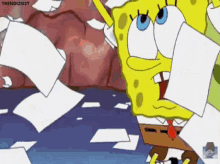
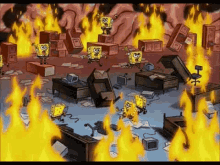























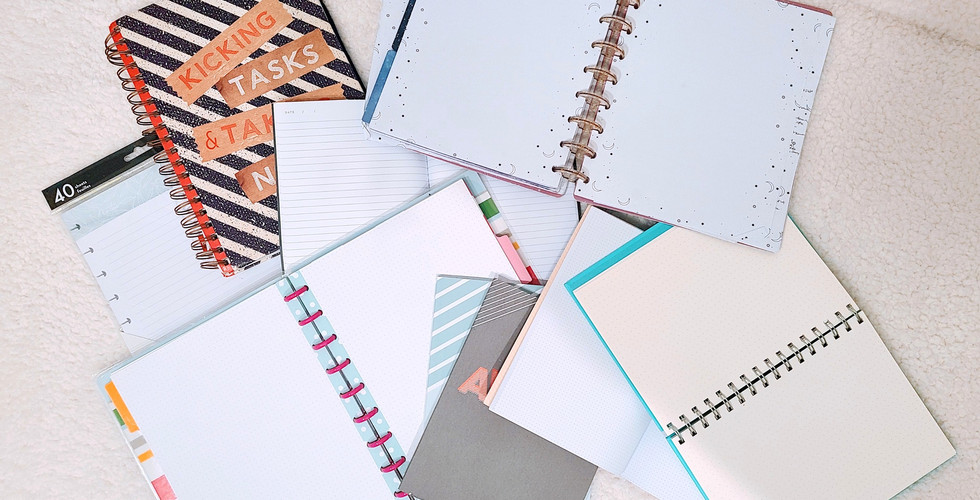
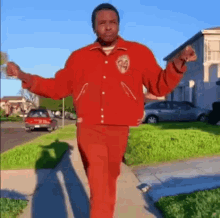

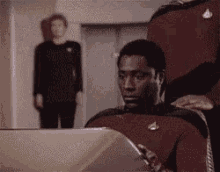









Comments